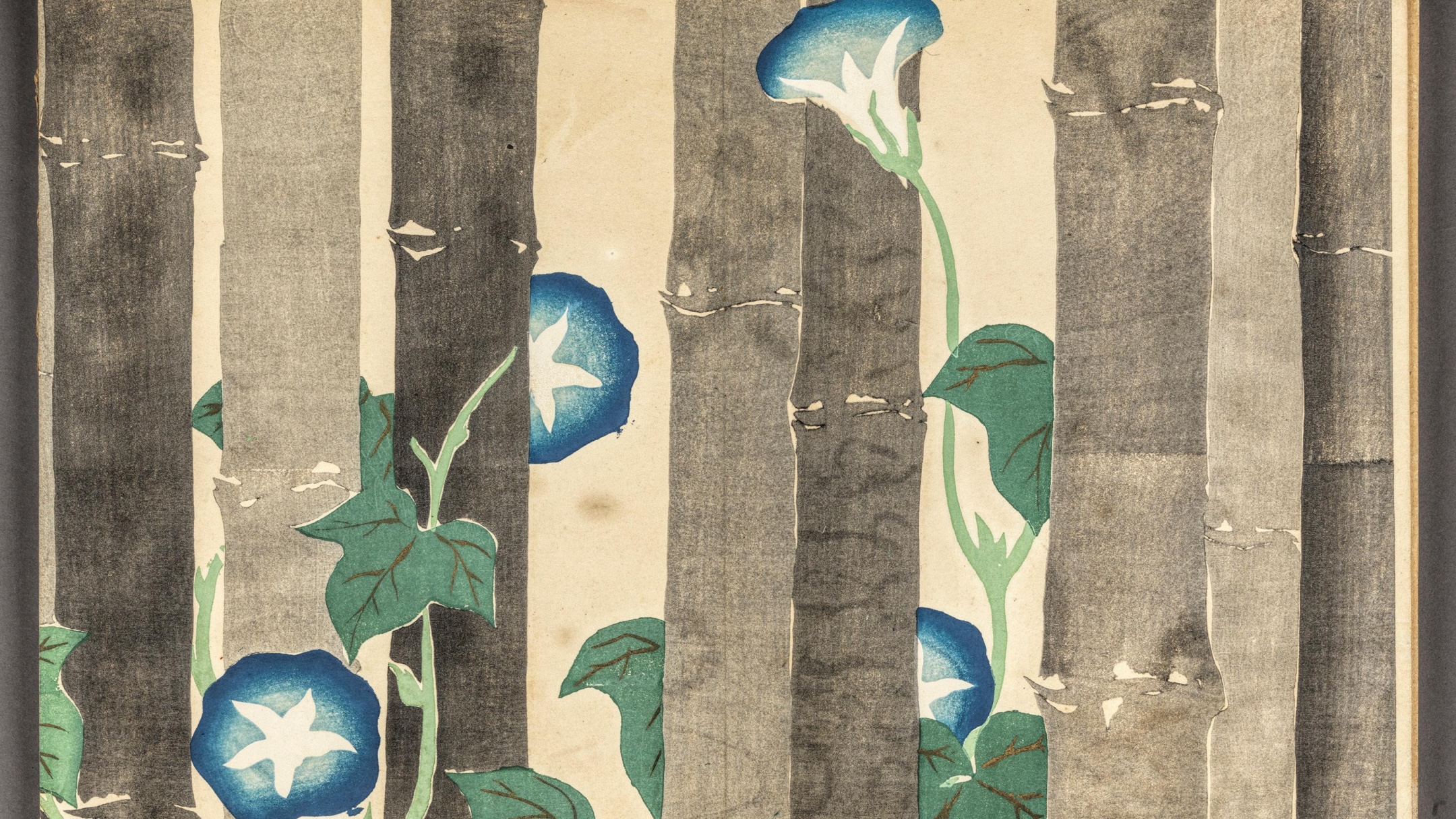Burgess Shale fossil site reveals oldest evidence of brood care
Published
Categories
Blog Post
Waptia fieldensis research shows parenting has a long history (508 million years)
Brood care, where the adult carries its eggs or juveniles to help increase their survival, was an important evolutionary step. However, little is known about how and when this strategy began.
New research published in the journal Current Biology, by Dr. Jean-Bernard Caron, ROM Curator of Invertebrate Palaeontology; and Associate Professor in the Department of Ecology and Evolutionary Biology and the Department of Earth Sciences, University of Toronto, and Dr. Jean Vannier, Centre national de la recherche scientifique, Laboratoire de géologie de Lyon: Terre, Planètes, Environnement (UMR 5276- CNRS), Université Claude Bernard Lyon 1, sheds light on reproductive strategies of Waptia fieldensis, an extinct organism dating back to the Cambrian Explosion.

The fossils are 508 million years old and provides the oldest direct evidence of brooded embryos! This research shows that up to 12 eggs per side are held below a two-part shield on Waptia’s body. Parental care may have evolved because of increasing environmental pressures in the earliest animal ecosystems, and coincides with the emergence of the first predators that evolved during the Cambrian Period.

Specimens from this research are on display in The Willner Madge Dawn of Life Gallery.
For more about the fascinating Burgess Shale fossils and the Cambrian Explosion, visit The Burgess Shale website, created by the ROM & Parks Canada.
For more about the fascinating Burgess Shale fossils and the Cambrian Explosion, visit The Burgess Shale website, created by the ROM & Parks Canada.
Share this story on social media.
#BurgessShale
@ROMToronto
@ROMGovs
@CNRS
@YohoNP
Journal article reference: Current Biology, Caron et Vannier: "Waptia and the diversification of brood care in early arthropods" DOI 10.1016/j.cub.2015.11.006
See the press release in the ROM’s Newsroom
News coverage highlights:
CBC News - Burgess Shale fossil Waptia may be oldest mom ever found caring for eggs
Calgary Herald - Oldest evidence of animal caring for its offspring discovered at Burgess Shale site
IFLScience - Oldest Evidence Of Parental Care Discovered In Half-Billion-Year-Old Fossils



